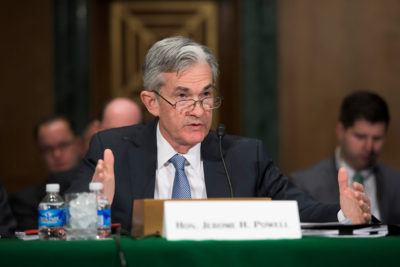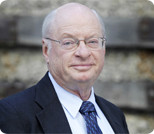A different kind of monetary control
This piece was written in response to a recent Financial Times editorial.
Have you ever doubted the real reasons governments throughout history and all over the world want to control what ‘we the people’ choose to use “as money?” The reasons people want to use something for the purposes we ascribe to money are well known. Pacific Islanders used large stones with holes in them; some places used notched wooden sticks; lots of places used coins made of rare metals. For the ages, people have chosen to use something to serve their desires to lower the costs of gathering information about relative values of things and facilitating transactions. The discovery of things to serve the purposes of money have been spontaneous, a result of Human Action, not Human Design.
Yet, history teaches that governments of all stripes will want to find out what people choose to use as money, declare a monopoly over its issuance and assert a right to control the availability of that form of money while banning the use of alternative monies. Why?
Economists say competition is good; politicians claim to believe in competition. But, once in office, politicians say money is an exception—no competition for the monopoly currency issued by the government. The fines and/or time in prison for offering a money that competes with the official money can be harsh. What are they afraid of?
People’s use of currency in times of political and economic uncertainty reveal their interests—such as use of illegal dollars and deutsche marks in the former Soviet Union—while recent proposals to abolish cash transactions take the mask off the thirst for power behind government efforts to monopolize what people are allowed to use as money.
Cash transactions offer three virtues: they are immediate, final, and anonymous. I hand over the paper George Washington’s, take the cup of coffee, and walk away—leaving no digital trail. I like that. It is no one’s business what I like in my coffee, where or when I buy it, and even how often I drink coffee. That freedom I enjoy is a huge problem for government bureaucrats. How can they control my behavior if I’m able to engage in anonymous transactions?
A recent Financial Times editorial argues that either cash transactions should be banned, or at least I should have to pay for the “privilege” of engaging in anonymous transactions. Seriously! First, they say all currency should be abolished and everyone forced to use only electronic means of payment—debit cards, cash cards, credit cards, et. al. That way, they argue, government can track where and when we buy goods and services, make sure someone has paid the taxes on the transactions, and have better control over the amount of money we have available to spend! Think Cyprus; the government simply took up to ten percent of everyone’s deposit balances.
The foundation of our freedoms is built on the protections of our rights to our property. What we choose to use as money is part of our property and must be protected—from our government as well as other people. Ultimately, only private forms of money—protected as our property under the constitution—will provide us the freedom to be anonymous in our transactions. It is not the government’s money, it is ours and we create institutions of government to protect our rights to use it as we please. We must insist on the freedom to use any form of money we choose.









